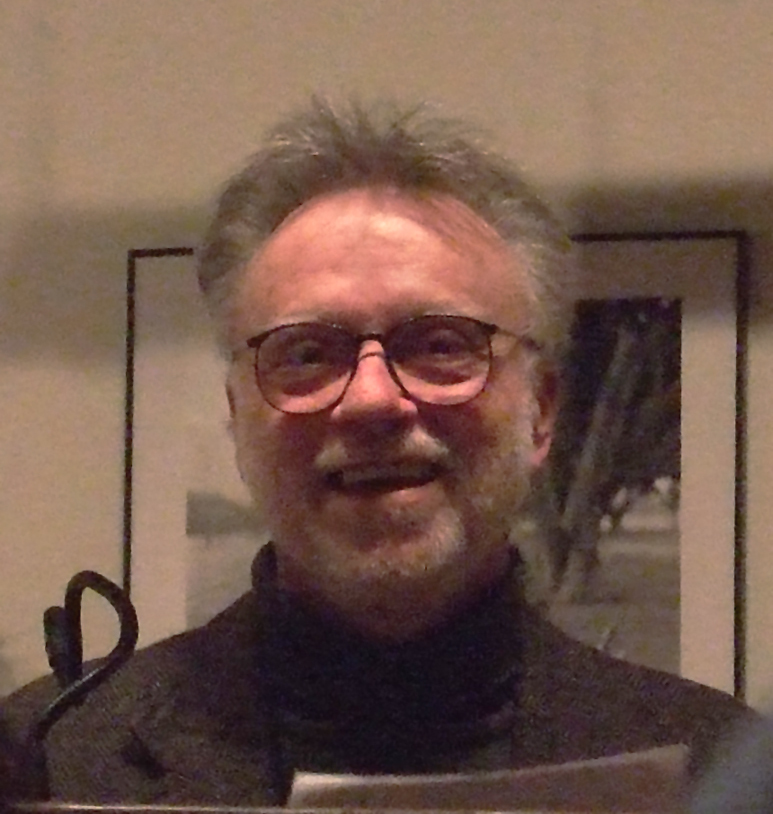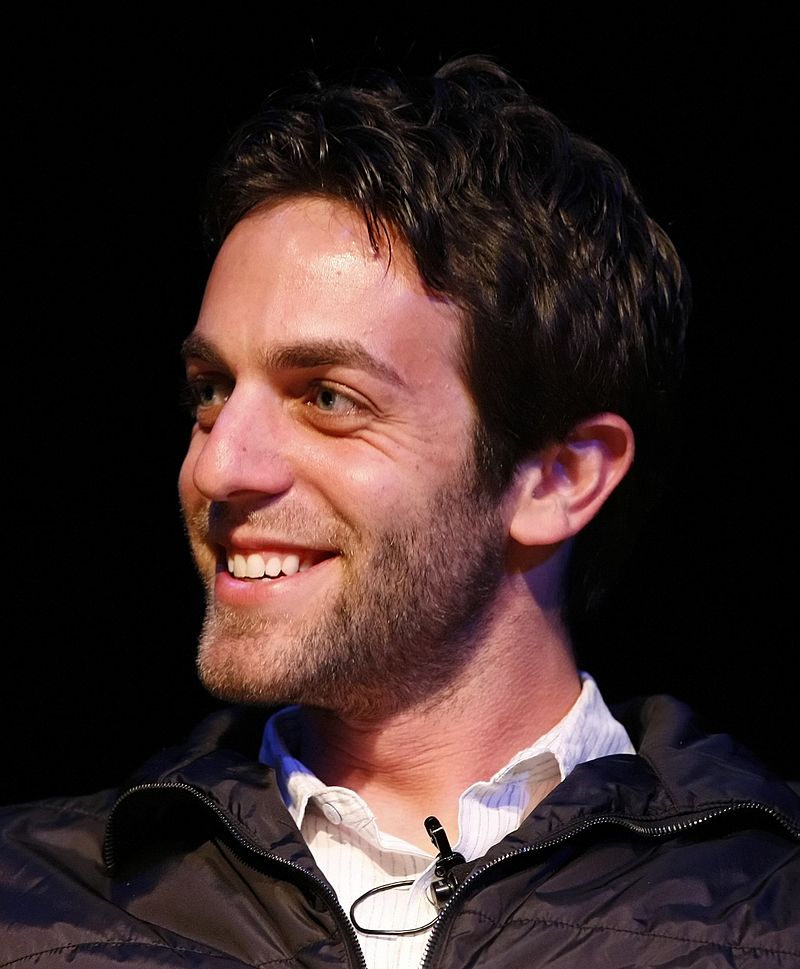 author
authorTruman Capote
Truman Garcia Capote was an American novelist, screenwriter, playwright, and actor. Several of his short stories, novels, and plays have been praised as literary classics, including the novella Breakfast at Tiffany's (1958) and the true crime novel In Cold Blood (1966), which he labeled a "non-fiction novel." His works have been adapted into more than 20 films and television dramas.
Capote rose above a childhood troubled by divorce, a long absence from his mother, and multiple migrations. He had discovered his calling as a writer by the time he was eight years old, and he honed his writing ability throughout his childhood. He began his professional career writing short stories. The critical success of "Miriam" (1945) attracted the attention of Random House publisher Bennett Cerf and resulted in a contract to write the novel Other Voices, Other Rooms (1948).
Capote earned the most fame with In Cold Blood (1966), a journalistic work about the murder of a Kansas farm family in their home. Capote spent six years writing the book, aided by his lifelong friend Harper Lee, who wrote To Kill a Mockingbird (1960). He was born in New Orleans, Louisiana, to Lillie Mae Faulk (1905–1954) and salesman Archulus Persons (1897–1981). His parents divorced when he was two, and he was sent to Monroeville, Alabama, where, for the following four to five years, he was raised by his mother's relatives.
He formed a fast bond with his mother's distant relative, Nanny Rumbley Faulk, whom Truman called "Sook." "Her face is remarkable – not unlike Lincoln's, craggy like that, and tinted by sun and wind," is how Capote described Sook in "A Christmas Memory" (1956). In Monroeville, Capote was a neighbor and friend of Harper Lee, who would also go on to become an acclaimed author and a lifelong friend of Capotes. Lee's To Kill A Mockingbird likely models Dill's characterization after Capote.
As a lonely child, Capote taught himself to read and write before he entered his first year of school. Capote was often seen at age five carrying his dictionary and notepad and began writing fiction at age 11. He was given the nickname "Bulldog" around this age. On Saturdays, he made trips from Monroeville to the nearby city of Mobile on the Gulf Coast and, at one point, submitted a short story, "Old Mrs. Busybody," to a children's writing contest sponsored by the Mobile Press-Register. Capote received recognition for his early work from The Scholastic Art & Writing Awards in 1936.
In 1932, he moved to New York City to live with his mother and her second husband, José García Capote, a bookkeeper from Union de Reyes, Cuba, who adopted him as his son and renamed him Truman García Capote. Shortly afterward, José was convicted of embezzlement, after which the family was forced to leave its home on Park Avenue.
Of his early days, Capote related, "I was writing really sort of serious when I was about 11. I say seriously in the sense that, like other kids go home and practice the violin or the piano or whatever, I used to go home from school every day, and I would write for about three hours. I was obsessed with it." In 1932, he attended the Trinity School in New York City. He then attended St. Joseph Military Academy. In 1939, the Capote family moved to Greenwich, Connecticut, and Truman attended Greenwich High School, where he wrote for both the school's literary journal, The Green Witch, and the school newspaper.
When they returned to New York City in 1941, he attended the Franklin School, an Upper West Side private school now known as the Dwight School, and graduated in 1942. That was the end of his formal education. While still attending Franklin in 1942, Capote began working as a copyboy in the art department at The New Yorker, a job he held for two years before being fired for angering poet Robert Frost. Years later, he reflected, "Not a very grand job, for all it really involved was sorting cartoons and clipping newspapers.
Still, I was fortunate to have it, especially since I was determined never to set a studious foot inside a college classroom. I felt that either one was or wasn't a writer, and no combination of professors could influence the outcome. I still think I was correct, at least in my own case." He left his job to live with relatives in Alabama and began writing his first novel, Summer Crossing.
He was called for induction into the armed services during World War II, but he later told a friend that he was "turned down for everything, including the WACS." He later explained that he was found to be "too neurotic."
Best author’s book

























